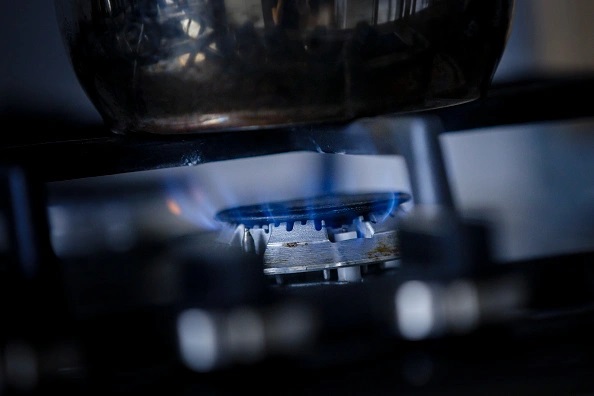Natural gas appliances don’t only supply energy to your homes efficiently, but are also easy on the pocket. With natural gas you can accomplish daily tasks, such as heating your homes, preparing food, heating your water, etc. without disrupting your monthly budget.
However, just like all other appliances, safe installation and operating of natural gas appliances is important. If the appliance is found to be in an unsafe operating condition on non-compliant during a routine inspection, the company will turn off the supply of natural gas till the problem is rectified.
A qualified service agent from the natural gas service will repair the appliance before supply can be restored. Customers are advised to not operate the appliances till they have been repaired by the service agents, for the sake of their own safety.
Note: Customers are strongly cautioned against turning on their natural gas appliances by themselves, if they have been turned off for repair. Only a qualified service technician from Oklahoma Natural Gas should perform this task. Checking visible and accessible pipelines is important before restoring services.

Keep in Mind…
- Only qualified service technicians should install, operate on, and repair the natural gas appliances.
- Appliances should be used only for their intended purposes. For example, a natural gas stove should be used to prepare meals only, and not to heat your home.
- Carbon monoxide exposure should be avoided at all costs. To ensure this the air intake of the heater should be unblocked and the vents and flues should remain intact.
- Carbon monoxide detectors can also be installed to detect exposure and ensure safety.
Customer-Owned Responsibility
Oklahoma Natural Gas is not responsible for the upkeep of customer-owned natural gas piping and appliances.
The responsibility for the maintenance of the natural gas service line from the natural gas main to the meter lies with Oklahoma Natural Gas. The responsibility of maintaining customer-owned appliances lies solely with the customers themselves. This includes natural gas piping (both house and yard), appliances, and appliance connector.
Customers are advised to keep a track of natural gas piping between the meter and their house that are not maintained by Oklahoma Natural Gas. Natural gas piping running to outbuildings or outdoor appliances such as natural gas grills, lights, pools, heaters etc. are also not maintained by Oklahoma Natural Gas.
There are chances of leak in the pipes due to corrosion or damage. Periodically identify any natural gas appliance you own to identify the problem and take timely corrective measures.
Inspections and repairs should be handled only by qualified service technicians.
Carbon Monoxide Awareness
Natural gas is a resource that is clean and efficient, often leaving very little residue behind. However, in the case that your natural gas appliances are not vented properly or operating inefficiently, it can lead to a buildup of carbon monoxide.
Carbon monoxide is a colorless, tasteless and odorless gas that is harmful to your health, and in some cases can lead to fatality. Improper burning of fuels can result in the production of carbon monoxide.
Symptoms of Carbon Monoxide Poisoning
- Appliance burners emit a yellow flame instead of a standard blue one.
- Vents, flues, furnace filters, burners, or appliance access openings are covered with black soot.
- Observing one or more of the following conditions:
- Headache or dizziness
- Ringing in ears
- Fatigue
- Increased perspiration
- Nausea
- Weakness
- Vomiting
Steps to Take If Carbon Monoxide Poisoning is Suspected
- Evacuate the building immediately and move outside to get fresh air.
- Call either 911 or your local fire/police department to request medical help, if required.
- Do not enter the building where the leak has occurred before it is determined safe by emergency response personnel.
- Even if you are exhibiting minor symptoms, seek immediate medical assistance.
Helpful Tips for Prevention
- A carbon monoxide detector should be installed in your home and regularly maintained.
- Regularly check up on the flue and chimney to ensure proper ventilation.
- A stove, oven, or range is not the appropriate application to heat homes and should not be used.
- If a space heater has not been marked for indoor use explicitly, it should not be used to heat homes.